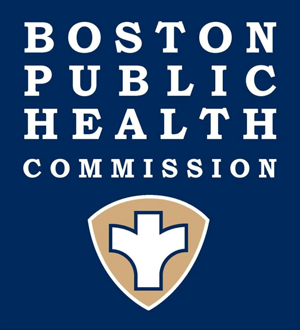Extreme heat alone can be dangerous to health, but it can also make pre-existing health issues worse. While all of Boston experiences extreme heat, some residents, and communities experience greater risk to the impacts of extreme heat due to environmental factors, the legacy of past investment decisions, health factors, and age. Some areas in the City of Boston are hotter due to elevation, limited shade from trees, and heat-retaining structures, like buildings and roads. Extreme heat is more than just an inconvenience or a discomfort—it negatively impacts our neighborhoods, our infrastructure, and our health. It means more frequent power failures and transportation issues. It means more medical emergencies and heat related disease or illness.
During this course, participants will discuss people-centered climate and heat resilience efforts in the City of Boston. Participants will have an opportunity to help shape the public health response to heat emergencies with a focus on protecting priority populations that are most impacted by extreme heat. This course will provide information, tips, and resources for ensuring that all Bostonians are safe during heat emergencies.

